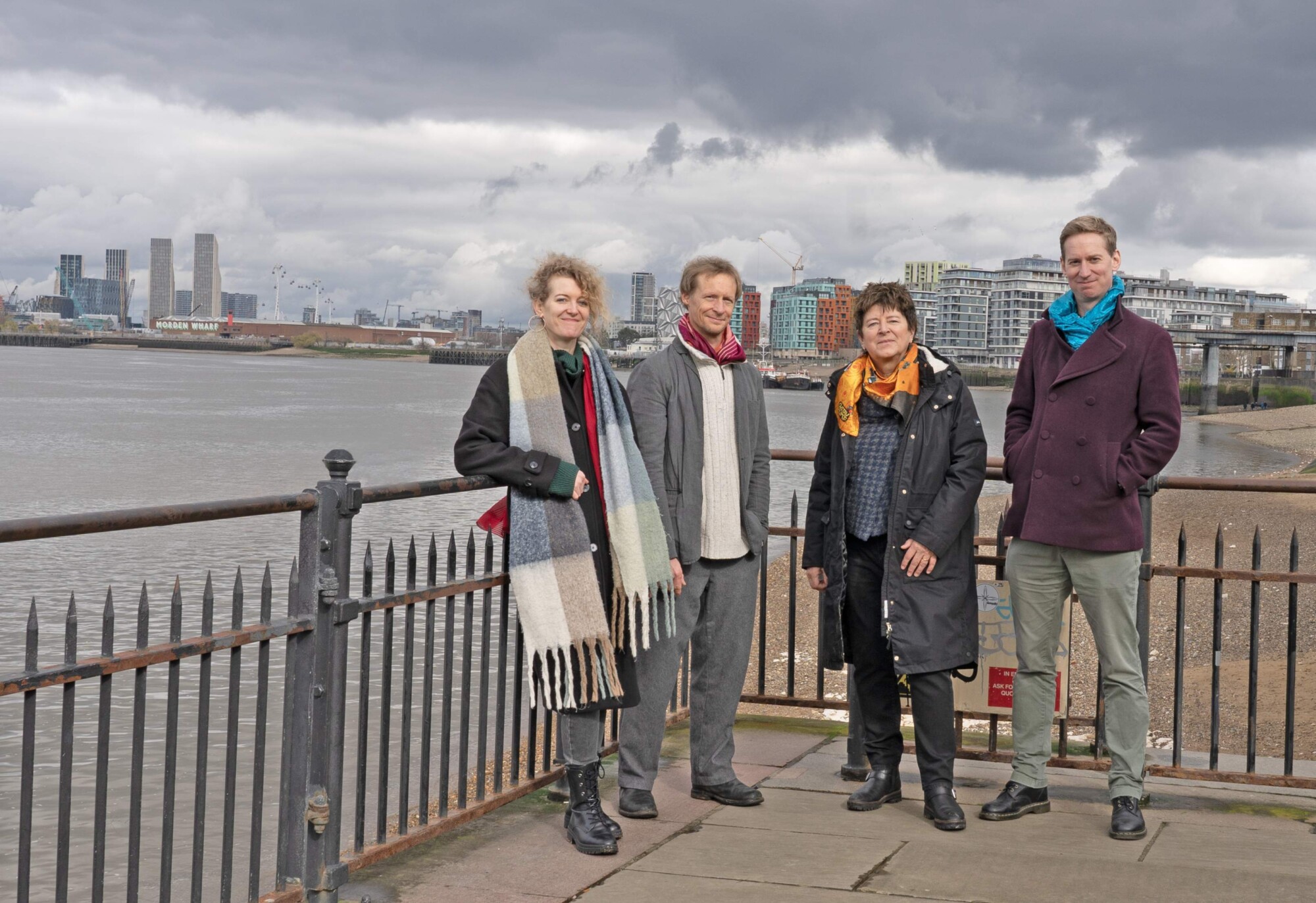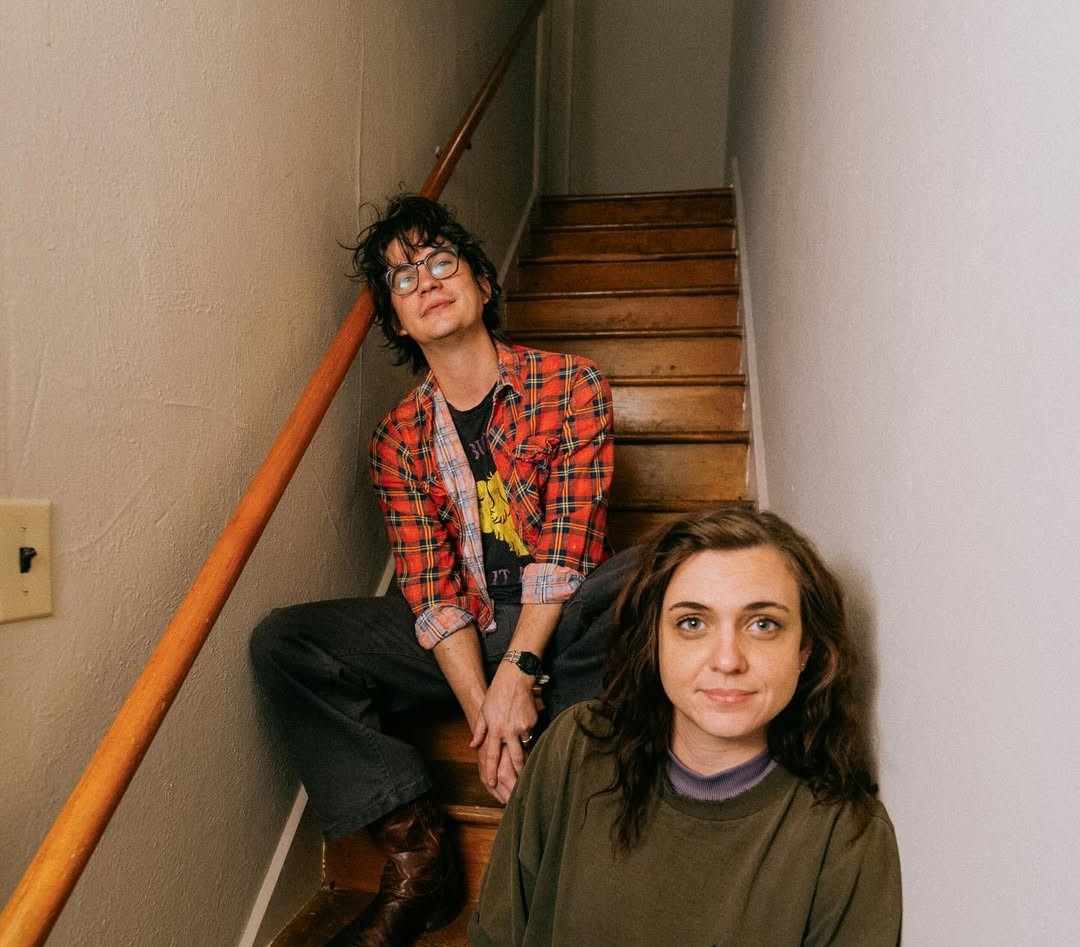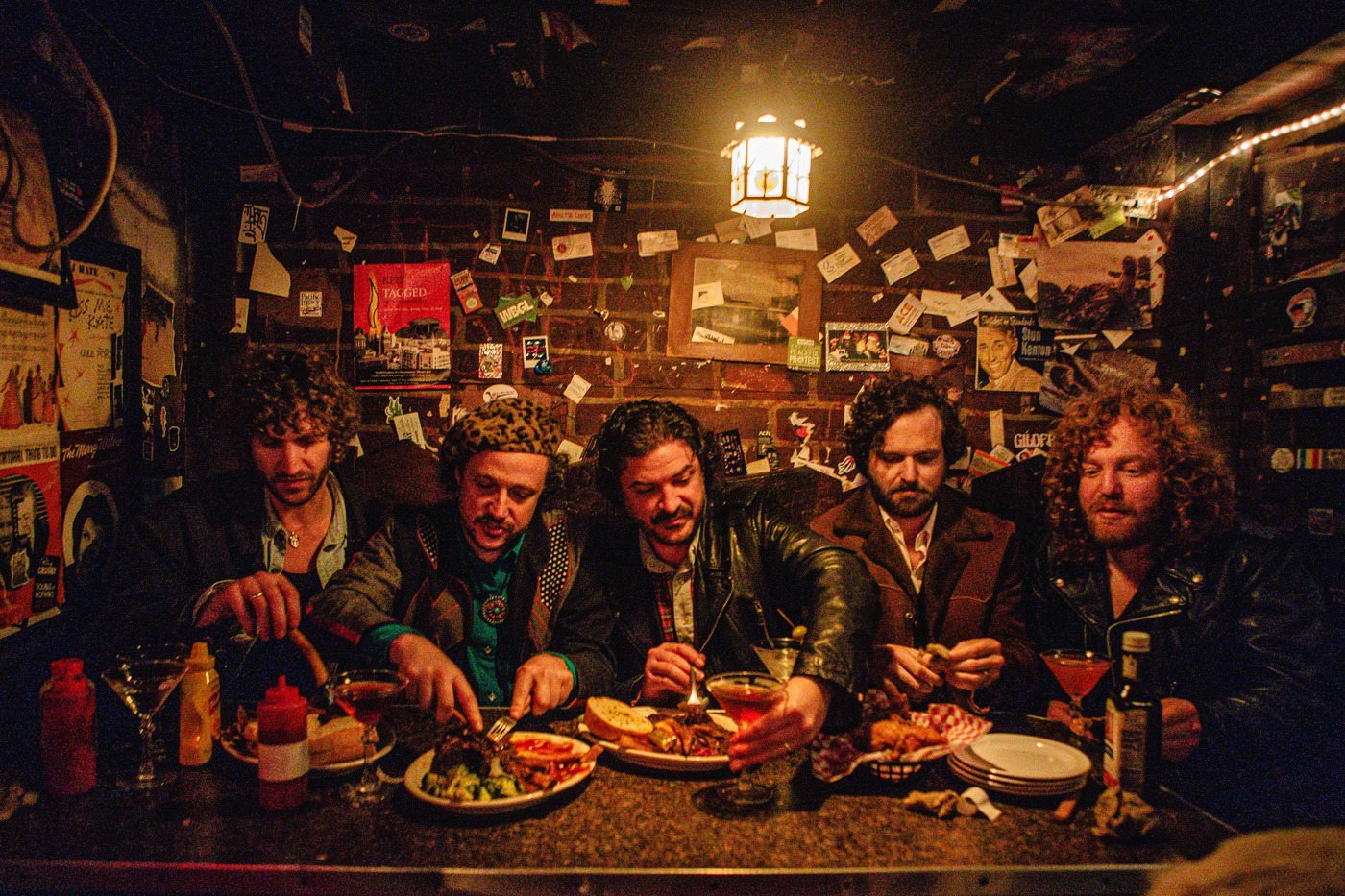The Casimir Connection | Interview | New Album, ‘Reflection’
The highly anticipated second album, ‘Reflection,’ by The Casimir Connection, led by composer and saxophonist Diane McLoughlin, delves into the intersection of classical and contemporary jazz.
The ensemble features a stellar lineup including pianist Alcyona Mick, violinist Kit Massey, and bassist Tim Fairhall. McLoughlin’s compositions on ‘Reflection’ navigate themes of uncertainty amid loss and conflict, fostering a space for compassion, honesty, and connection through a blend of classical chamber elements and dynamic improvisation. The absence of percussion in the album’s arrangements underscores the Japanese concept of Ma, inviting listeners into moments of contemplation and growth within the music’s intricate narratives. This much-anticipated release is set to unveil on April 19th under the banner of Caliban Sounds in collaboration with One Little Independent Records.
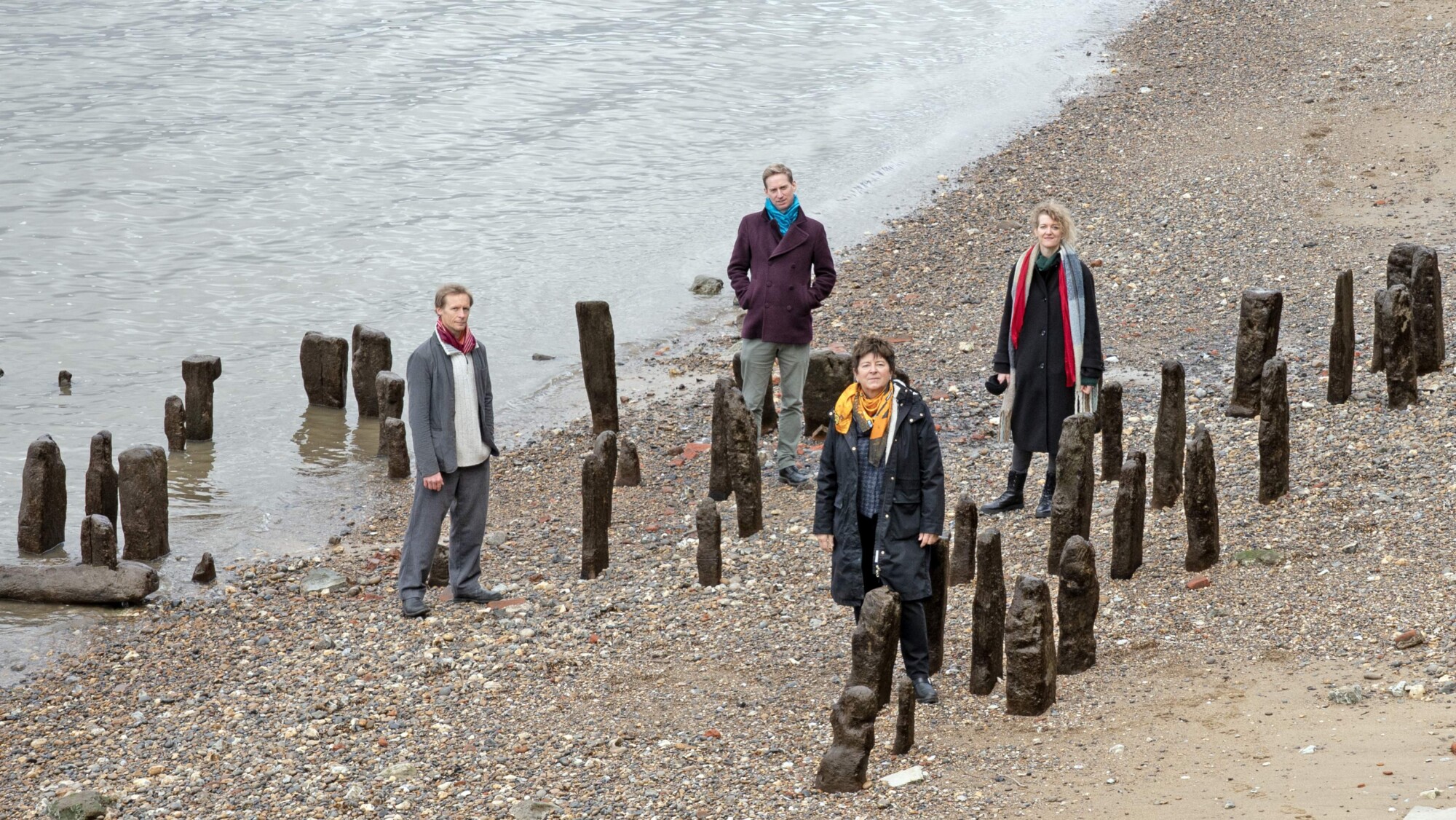
“The freedom and unpredictability of improvisation”
Would love it if you could talk a bit about your background and what led you to the latest project.
Diane McLoughlin: I am a bit of a maverick, as I took up the saxophone as an adult, teaching myself to play initially through trial and error. I did study classical piano as a child, but I don’t have a conservatoire background (though I did pursue a postgraduate degree at the Guildhall much later). I learned different styles of music through performing with diverse bands ranging from contemporary jazz, Afrobeat, Latin, reggae, folk, and funk. One particular influence was drummer John Stevens, a founding member of the Spontaneous Music Ensemble. He taught me how to see beyond conventional boundaries of music and truly listen with a heightened sensibility. At that time, free jazz had the backdrop of political rebellion and protest. I found inspiration for composing and performing from left-wing politics and the women’s movement.
I was brought up on a council estate in Yorkshire and had a bit of a difficult childhood. Music was always my salvation, when searching for something beautiful and meaningful. It was often classical music that gave me that deep thrill that felt both spiritual and visceral. I wanted to create an ensemble that could create those moments of epiphany, not only from scored composition but also through the freedom and unpredictability of improvisation. This led me to form The Casimir Connection, hoping to embody those moments within a freer, more open musical context.
Your music has been described as sitting at the border between jazz, folk, and classical. How do you navigate these diverse influences to create a cohesive sound in your compositions?
For me, music is music, and labels tend to limit experimentation. My writing is a reflection of who I am: I played classical piano and was particularly influenced by Bartok; my interest in East European folk music is in my blood (my mother was Ukrainian). I was inspired to take up jazz saxophone from a chance meeting in a bar in Amsterdam when I was blown away by the roar of the tenor saxophone.
My compositions can phase from a classically influenced melodic line into a jazz-inspired chord sequence or mode. How I navigate this is purely based on how it sounds, how it makes me feel. If it doesn’t work, I edit and rewrite. I am a great believer in listening to recordings of new compositions and not being afraid to completely rewrite them if need be.
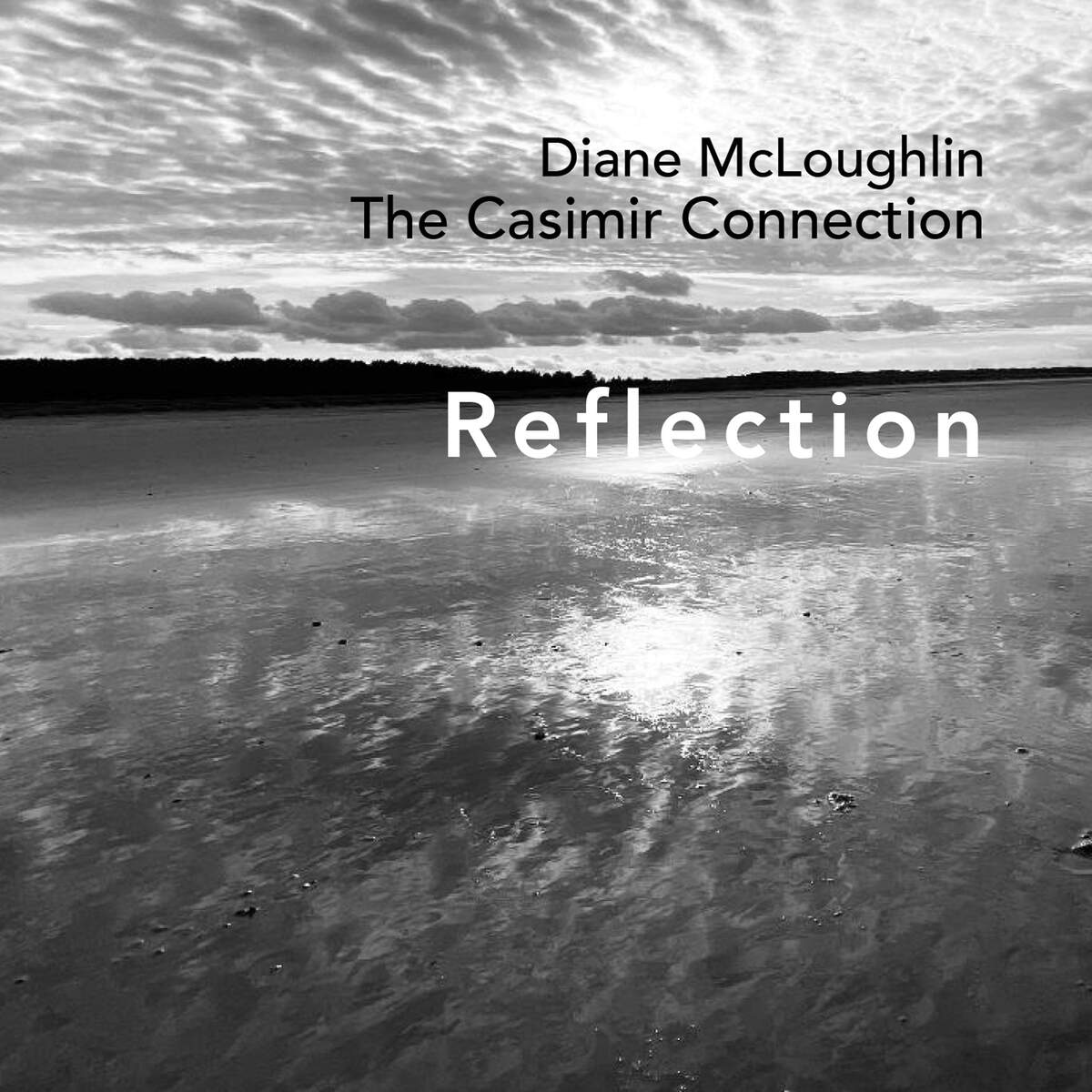
‘Reflection’ delves into themes of uncertainty, loss, and connectivity. Can you elaborate on how these themes influenced the narrative of the album?
The world has experienced severe and sudden changes no one could have imagined. I am no exception in feeling the effects of the last few years, especially as I lost many close friends. With chaos and uncertainty, fundamental beliefs and perceptions were challenged. At a time when we felt out of control, the urge was to grasp for meaning, jump to conclusions, polarize opinion. With the realization that the world cannot be fully understood or controlled, and that we have to live with the discomfort of uncertainty, maybe now is a time for reflection, for considering the complex and self-contradictory, for taking time. The individual tracks are musical reflections; thoughts and impressions capturing particular aspects of the last few years.
“Silence is a difficult place to be”
The decision not to include percussion in your music is quite intriguing. How does this absence contribute to the overall atmosphere?
For some years, I worked as a mental health counselor, seeing people individually. In my sessions, I was often struck by the power of silence. Silence is a difficult place to be, but it is where you can find deeper understanding and a deeper level of experience. Although I love the rhythmic drive and textures of percussion, in this context I chose not to include it because I wanted those moments of silence in the performance, even though they may feel uncomfortable.
Your ensemble, The Casimir Connection, draws its name from a concept in nuclear physics that signifies a mysterious force drawing elements together. How does this concept resonate with the group’s musical philosophy?
I believe music fulfills the basic human desire to feel connected. One of the most exciting aspects of performing with others is the often-sudden feeling of instinctive oneness. It can feel like a bolt of electricity, a sudden merging of individuals into one. In physics, the Casimir Effect is an electromagnetic energy drawing elements together. I thought it was an interesting metaphor for those magical moments in music performance.
The album’s single, ‘Dark Matters,’ explores the concept of darkness both in the universe and within ourselves. How do you translate such abstract concepts into musical compositions?
I could say that I chose a slow waltz 3/4 time signature in this track to signify the slow, graceful dance of the planets in the universe. I could say I created a slow, plaintive melody to signify loneliness in the vastness of space. I could say that the track eventually dissolves into many notes like particles of light. I could say that the track develops from loneliness and fear of darkness into acceptance and peace. I could say all of these things, but that would be explaining the track away. In reality, I created the composition in a far more instinctive and unconscious way. I also believe it’s important that the listener finds their own meaning and connection.
Penny Rimbaud described ‘Reflection’ as a deeply thoughtful consideration of a world at war with itself. How do you see your music contributing to discussions about societal and personal struggles, and what role do you think music plays in addressing such issues?
The last few years have been a challenge for everyone. There has been so much conflict and verbal outrage where everyone argues that they know the “facts”. Rational argument cannot solve the fear and confusion in people’s minds. I believe it’s a time for reflection and a time to learn and grow. Music offers a wider abstract understanding of life, encompassing emotions and instinctive understanding. Music draws people together through shared experience. Hopefully, having more understanding of ourselves, there will be more kindness, compassion, and a belief that we are all connected.
Could you walk us through your creative process when composing and arranging the tracks for ‘Reflection’?
My first album, ‘Cause and Effect,’ dealt with the effects of early childhood experience. I planned to follow on from that, but my own life experience in the last few years meant I had to express what I was currently feeling. I practice meditation when I can, and I would say often my musical ideas come from my imagination when I am deeply at rest. I then work on ideas on the piano and record them. I may begin to score them out, but then have the magical process when the ideas develop unconsciously when I am asleep. It’s useful to have a score pad by the bed to jot ideas down!
How does each member contribute to the overall sound and artistic direction of The Casimir Connection?
I am incredibly lucky to have such wonderful musicians in my group, who can both play exacting classical lines and also improvise in an exciting and creative way. I chose them not only for their phenomenal technique but also for their emotional awareness. I saw Tim Fairhall (bass) on the internet and was immediately struck by his soulful playing and deep concentration. Kit Massey (violin) is adept at many genres and plays with incredible emotional intensity. Alcyona Mick (piano) is the newest member of the group. She has already gained a huge amount of respect in the jazz world. In The Casimir Connection, she brings sparkling left-field improvisations that are highly original and imaginative. I have to mention Penny Rimbaud here. Penny was instrumental in making the album happen and has been a huge support throughout. He co-produced with me and included some of his poetry on the album cover. He has become a dear friend, and we enjoy interesting conversations about life and music. His wisdom and philosophy have been inspiring.
What are some future plans now?
With the release of ‘Reflection’ on Caliban Sounds (in association with OLI Records), I hope to set up some gigs in the near future. In some ways, because the group is such a fusion of influences, it is a challenge to know if it should be in the jazz or classical world. I hope festivals will be interested. Because of the nature of the music, we need a quiet space, more in keeping with a classical venue. Our record launch on the 27th of April is going to be at St Matthias Church in Stoke Newington, London. This is a lovely venue with an excellent piano and good acoustics. I’m planning a third album for 2025, but its theme is still open.
Are any of you involved in any other bands, or do you have any active side-projects going on at this point?
I have been playing with ARQ (the Alison Rayner Quintet) for ten years, where I play tenor and soprano saxophone. The group also provides an opportunity to perform my more jazz-based compositions. Tim is a founder member of Gavin Fairhall Lever, an excellent folk-based trio. Kit lectures at Trinity Laban Conservatoire and is a key member of The Hot Club of Jupiter band. Alcyona is widely in demand in the jazz world, principally performing in a duo with saxophonist Tori Freestone and the London Jazz Orchestra.
Let’s end this interview with some of your favorite albums. Have you found something new lately you would like to recommend to our readers?
One of my inspirations for forming The Casimir Connection was Tord Gustavsen, and I highly recommend his 2015 album ‘The Well’. I also recommend the Tarvosky Quartet’s ‘Nuit Blanche’. A recent album I’ve enjoyed is Tim Garland and Jason Rebello’s ‘Life to Life’.
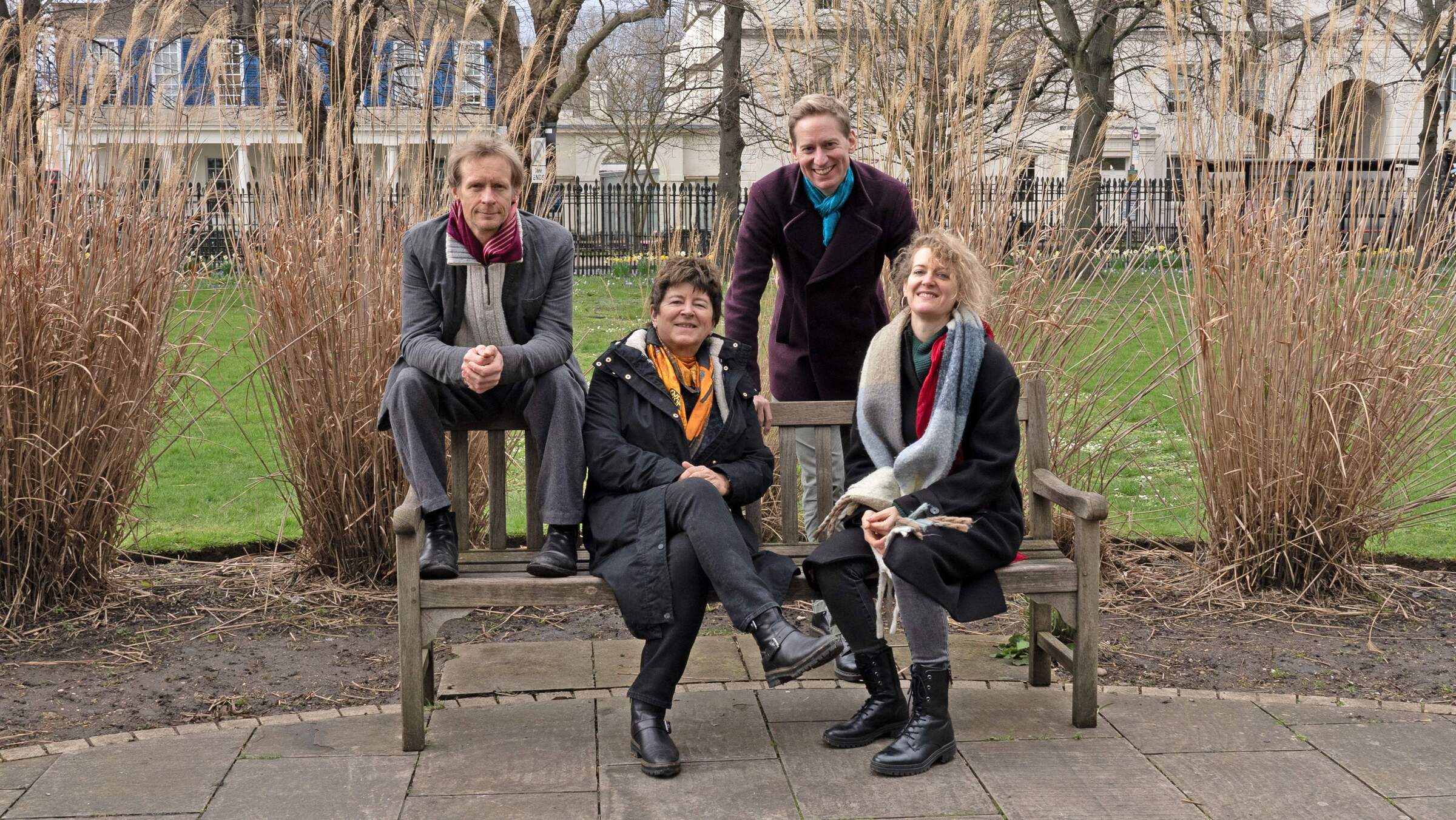
Thank you for taking your time. The last word is yours.
I hope people enjoy the album but also find some emotional connection with it. I try to express my own feelings with the hope that it resonates. The tracks aren’t always comfortable, but I hope they portray a range of life experiences. I’ll give E.M. Forster the last word: “Only connect”.
Klemen Breznikar
The Casimir Connection Official Website / Facebook / Instagram / Twitter / Bandcamp / YouTube
Caliban Sounds Facebook / Instagram / Twitter / Bandcamp / YouTube
One Little Independent Records Official Website / Facebook / Instagram / Twitter / Bandcamp / YouTube

